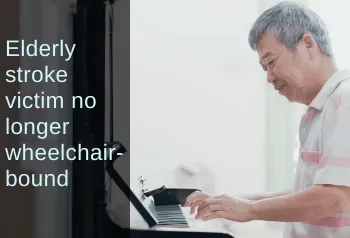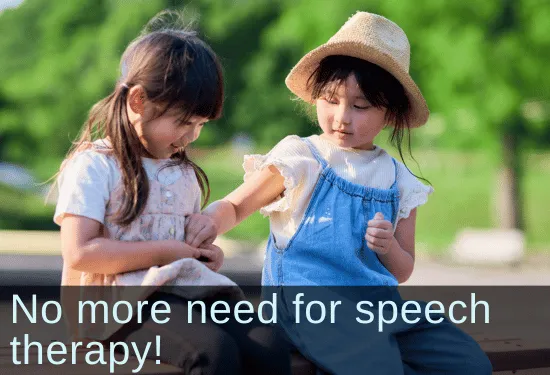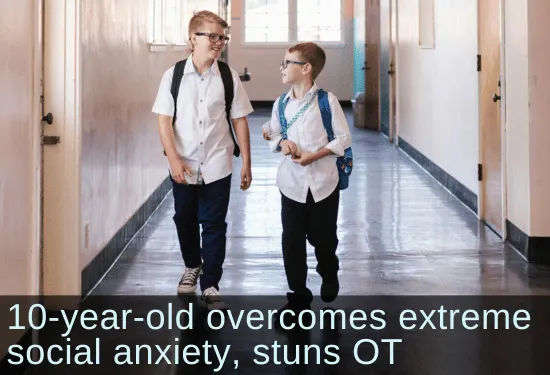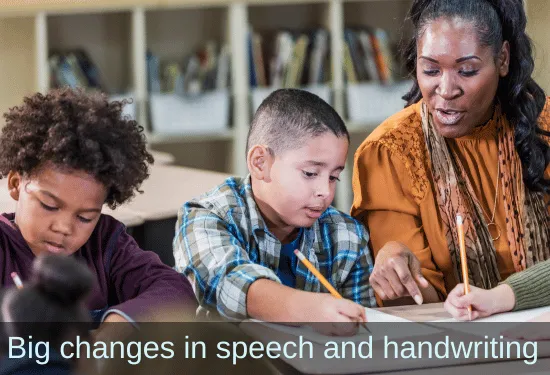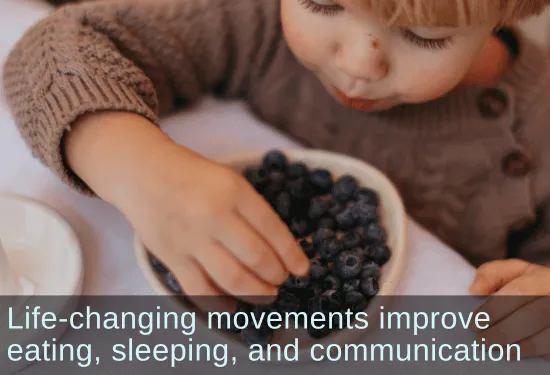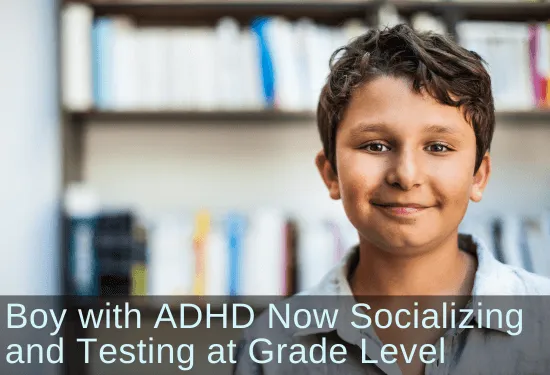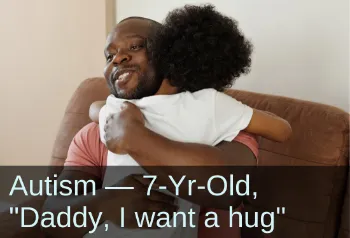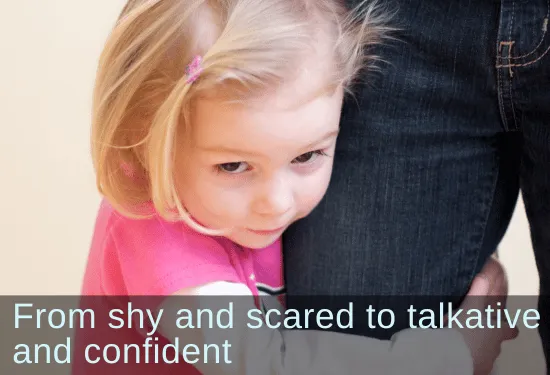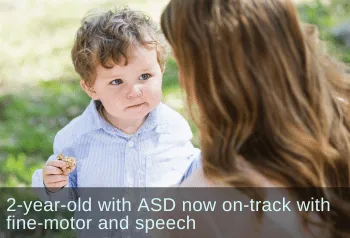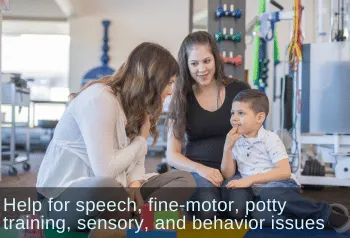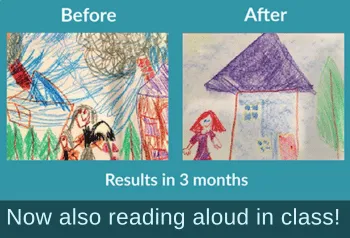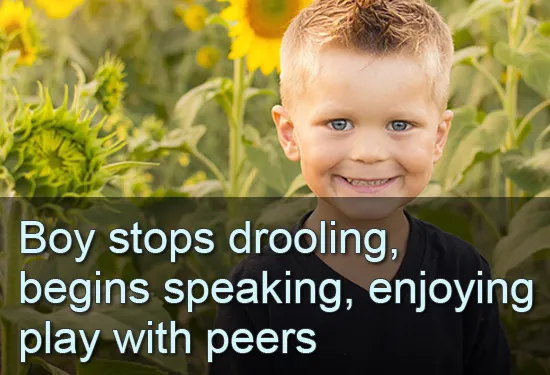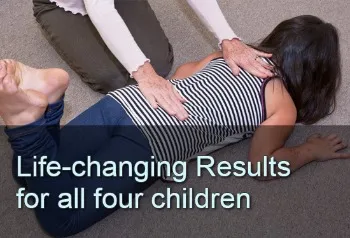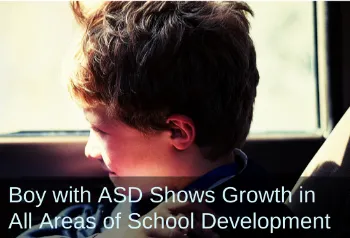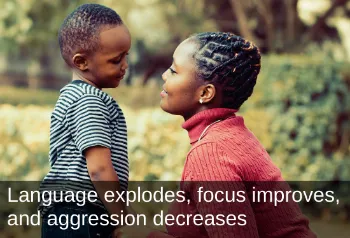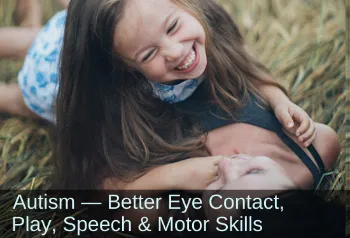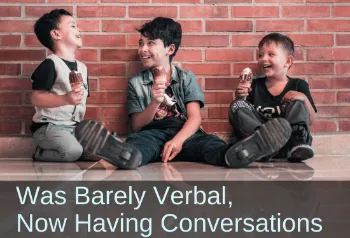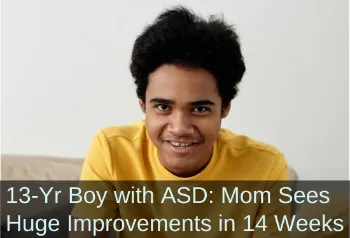- Home
- Evidence
- Case Studies Index
Speech
Speech
Can Rhythmic Movements and Primitive Reflexes Help with Speech Development?
To produce speech requires a set of sensory-motor skills that depend on rhythmic movements, primitive reflexes, and postural reflexes to reach full maturity. Find out more about why these innate movements can help with speech challenges.
See this dedicated info-page for SLP professionals.
From the case studies here, we see that tremendous gains in the amount and quality of speech are associated with doing neurodevelopmental movements. Best of all, these movements have global effects. Gains in speech go hand-in-hand with many other positive changes.
All case studies are written by students of the Brain and Sensory Foundations First Level course.

Young Girl with Selective Mutism Is Transformed by Rhythmic Movements and Primitive Reflex Integration
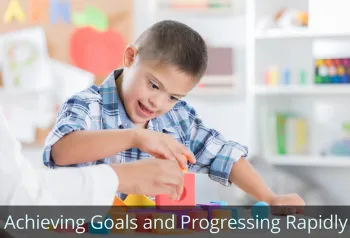
4-Year-Old Boy with Difficulties Performing Basic Daily Tasks Such as Self-Feeding Is Now Achieving Goals after Three Weeks of Rhythmic Movements
Page 1 of 2
- 1
- 2


